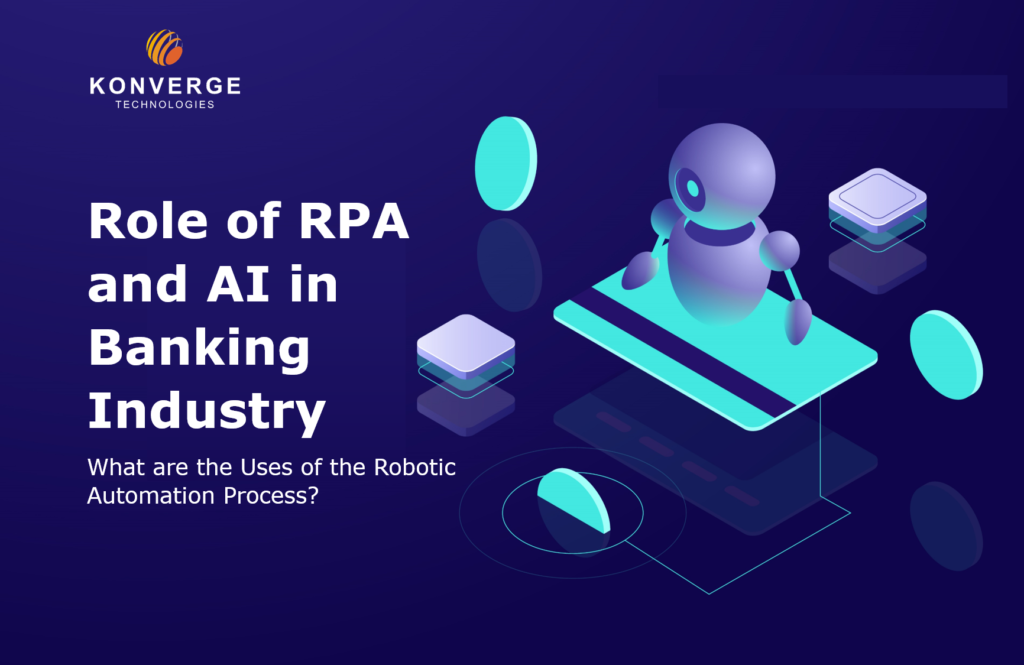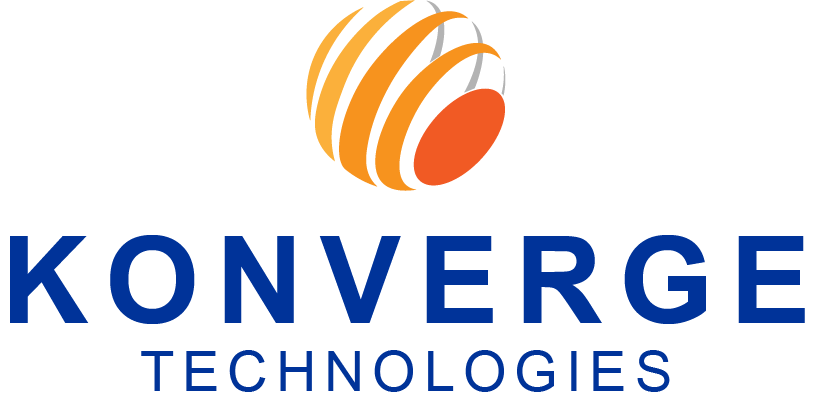
Role of RPA and AI in Banking Industry

The pressing demands of the banking industry has made it imperative for the banking and financial industry to find the best RPA technology solution providers.
Today the banking and financial industry is constantly grappling to optimize costs and boost productivity. This calls for a fast track approach enables a systematic compliance management and operations.
RPA (Robotic Process Operations) and AI (Artificial intelligence) plays a major role in the banking and Financial sector to provide competitive and reliable banking services.
Why RPA Is the Need Of The Hour?
Over the last decade the banking and financial sector has recorded a whopping expenditure of $321 billion just to meet compliance operations and penalties. Almost 10% of all banking operation costs are attributed to compliance costs.
The best RPA companies in India enable the banking and finance industry to maintain a high beam strategy and reduce banking processes that are repetitive in nature.
Fortunately, there exist some fintech start ups who use emerging technologies like RPA and AI to empower business operations for better customer service.
Konverge Technologies Pvt Ltd is one such company which provides intelligent automation solutions on RPA and AI platforms to transform banking business across the globe.
Robotic Process Automation and AI have taken banking and financial services to a whole new level by reducing manual labor for better compliance and mitigating risk factors. Besides BRM and BPM, these two technologies help in organization and integration of workflow, follow previous patterns and decrease processing time of regular infrastructure security solutions.
The latest RPA and AI technology has streamlined the entire chain of banking and financial sector right from customer onboarding, prompt processing of loans and deposits, security clearance to closure of customer accounts.
Robotics in banking is mainly defined as use of a powerful robotic process automation software to reduce expenditure and maximize efficiency using-
- Implement end-user device-level software tools
- Replace manual labor by virtual or artificial intelligence.
In the near future the banking industry is expected to be hugely impacted by the automation wave, with 20%-25% of all the tasks to be performed by machines and software bots.
This step will enable the workforce to focus on higher value tasks and projects expanding the overall capacity of the banks. Konverge provides you the most affordable and comprehensive solution to the entire automation process.
What are the Uses of the Robotic Automation Process?
RPA is an extensive process requiring initial employee training, structured inputs and governance, but once implemented effectively can take control of all the baking operations including clicking, opening and sending emails and transfer of information from one system to another.
Here are some of the Use cases of RPA in Banking and Financial industry:
- Automatic Report Generation- Generating SARs or (Suspicious Activity Reports) is a normal requirement for banking and financial institutions. Normally compliance officers have to go through the manual scanning of these details for long hours.
RPA’s language processing technology can extract the exact information, saving the time needed for filing the SAR. - Customer Onboarding- Customer onboarding is a very tedious and time-consuming process needing verification of documents. RPA can facilitate the entire process by transferring the customer data from KYC using OCR (Optical Character Recognition) technique.
This data is automatically filed into the CMP (Customer Management Portal) for future use without any discrepancies. - Account Opening- RPA facilitates the entire account opening process by eliminating the data transcription errors existing between the core banking system and the new account opening requests.
- Mortgage lending– Lending is one of the critical processes of banking institutions enabling easy automation of various tasks like mortgage lending, loan initiation, document processing and financial comparisons.
- Loan Processing– RPA has automated the entire loan processing task by duration by bringing it down from 10%-15%.
Benefits of RPA and AI in Banking-
Banking and financial institutions have always been known for their time taking processes affecting the overall customer satisfaction levels. Implementing RPA standardizes some of the complicated banking tasks, listed below-
1) Customer service- Implementing RPA in banking can enhance customer service by reducing turnaround time, resulting in faster and more efficient customer interactions.
2) Credit Card Processing- One of the other tedious processes at banks is approval of credit card applications which usually takes several days to validate. RPA expedites the entire process before approving the credit card.
3) Business growth With Legacy Data-
RPA implementation creates scope for using legacy as well as existing data to bridge the gap between processes. Storing such essential data in one system allows banks to create faster and better reports for business growth.
Where to Start With RPA implementation in Banking?
Implementing RPA in banking requires a thorough assessment, identifying suitable processes, selecting the right vendor, developing a detailed implementation plan, testing and training, and ongoing support. It brings benefits such as improved efficiency, cost savings, and better customer experience. Based on the specific organizational needs it’s essential to conduct a thorough assessment to shortlist the procedure suitable for RPS implementation. So, it’s crucial at this stage to find the right workforce for RPA implementation which involves planning, execution and support.



